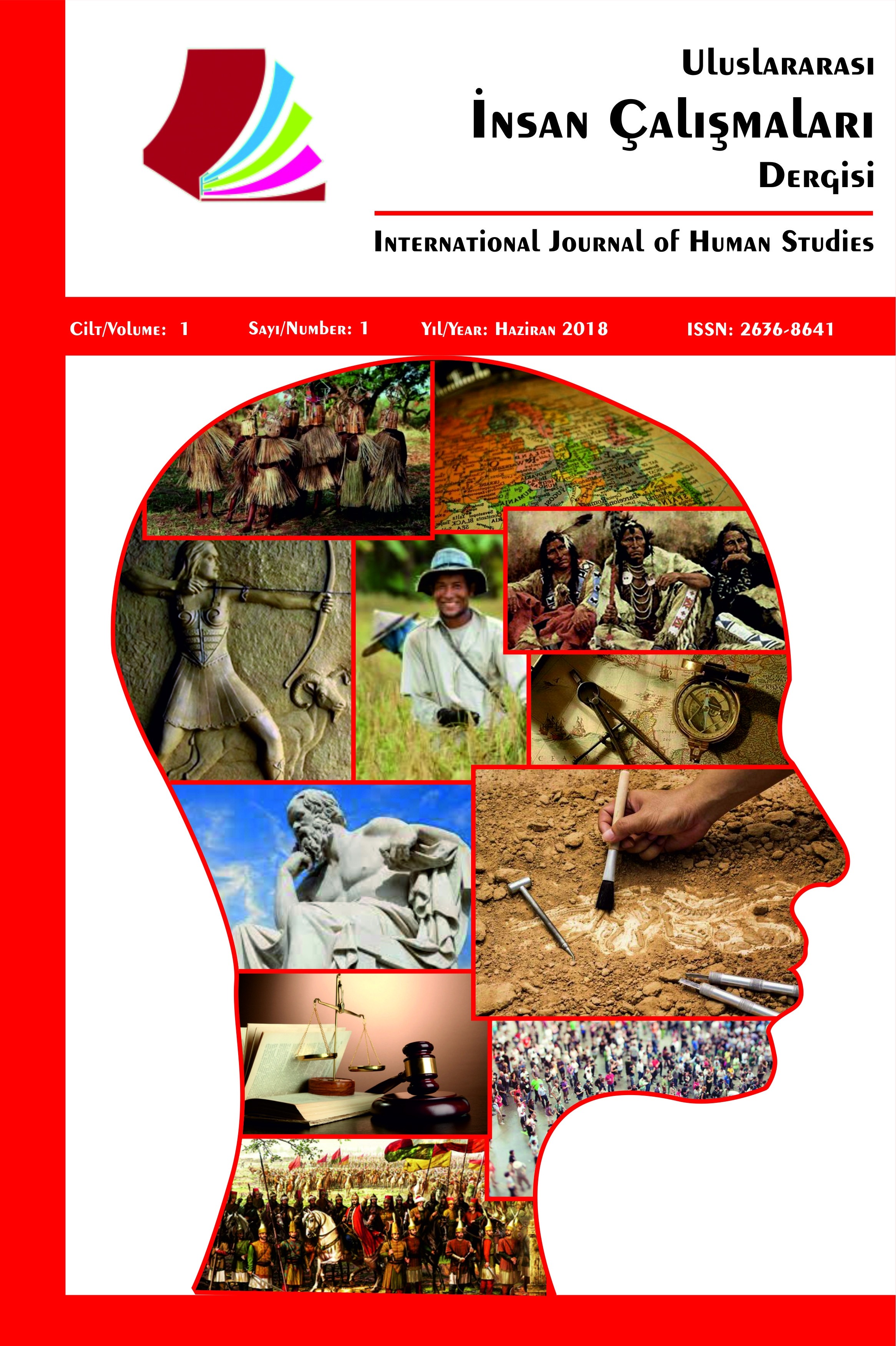
Uluslararası İnsan Çalışmaları Dergisi
Yazarlar: ["Elif SAYAR"]
Konular:-
DOI:10.35235/uicd.801937
Anahtar Kelimeler:Yeni Türk Edebiyatı,Anti-Kanon,Para Roman,Yeraltı Edebiyatı,Mafya Retoriği.
Özet: Even though the author ignores the literary value of novel and uses it for his/her own intention knowingly or unknowingly, it turns into a tool of its readers, media and the current government after being written. Literary works, book lists and the products used by the government as a tool to shape literature constitute the literary canon. Thus, the government enables spread of the desired discourse and its reproduction via literary canon. Lists such as “curriculum”, “100 Fundamental Literary Works” and “The Best 100 Novels of the Year” in the educational institutions are some of the methods that the government canonizes and spreads its own discourse to. Literary works with high artistic value become popular via such lists. Therefore, the discourse of the authority passes down from generation to generation. The main reason for presenting the texts in the school curriculums to the young generations is to enable them to learn why these texts are considered as “canon”. By this means, young generations take part in canonization of “a canon with a sacred code”. Authors and genres that are not given place in this canon fade away from the literary market of the time without a trace despite their significant literary-artistic values and innovations. On the other hand, other literary works that survive despite the canon are called as anti-canon. In this respect, it can be seen that popular novels are not in these lists. The relationship between the popular novels- that are marginalized and treated like a step-child in the society- and the canon rises as a reaction to the understanding of the government in the education system. This reactional discourse comes into prominence in the “Novel for Money”, “Underground Literature” and “Mafia Rhetoric” especially after the 2000s. Popular novels that have an anti-canon attitude constitute a discourse with concepts such as Novel for Money, which are written with concerns of high sales Underground Literature, which is the dark and rebellious child of the literary world and Mafia Rhetoric. This discourse has shown itself in individual identity under the effect of popular culture especially after the 2000s. It is a discourse that expresses loneliness and collapse against the canon that mostly reveals the national culture and the Turkish identity. This change leads to different interpretations of the “ideal person portrait” from the Tanzimat era to present. Within this framework, the aim of this study is to reveal the relationship between the popular novels-that have constituted the anti-canon after the 2000s and have been alienated from the curriculum- and the literary canon determined by the Turkish educational system via the concepts of (“Novel for Money”, “Underground Literature” and “Mafia Rhetoric” and draw attention to the reflections of this on the individual identity.